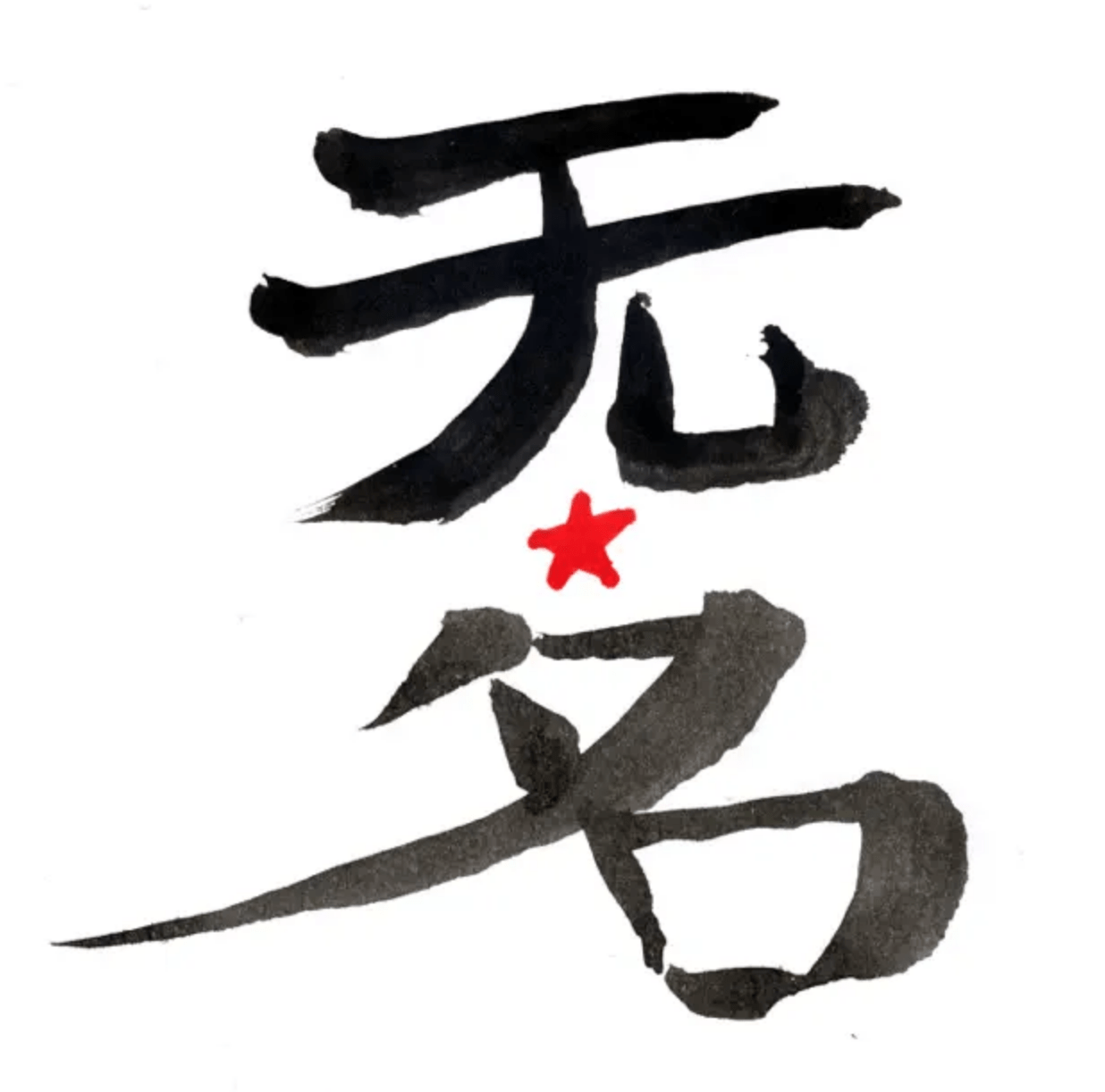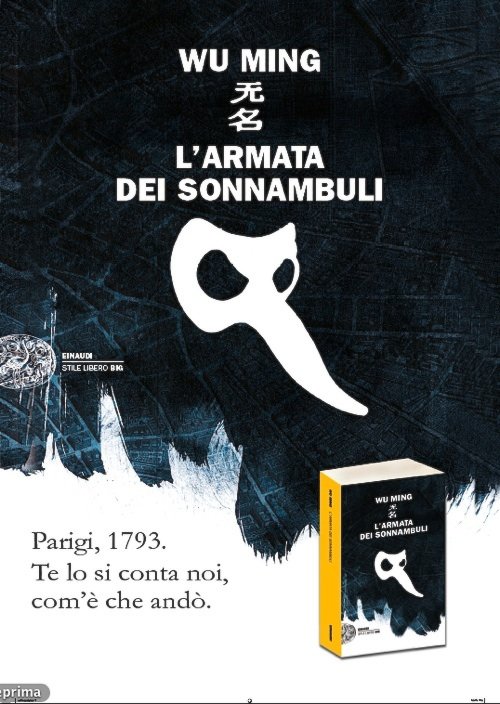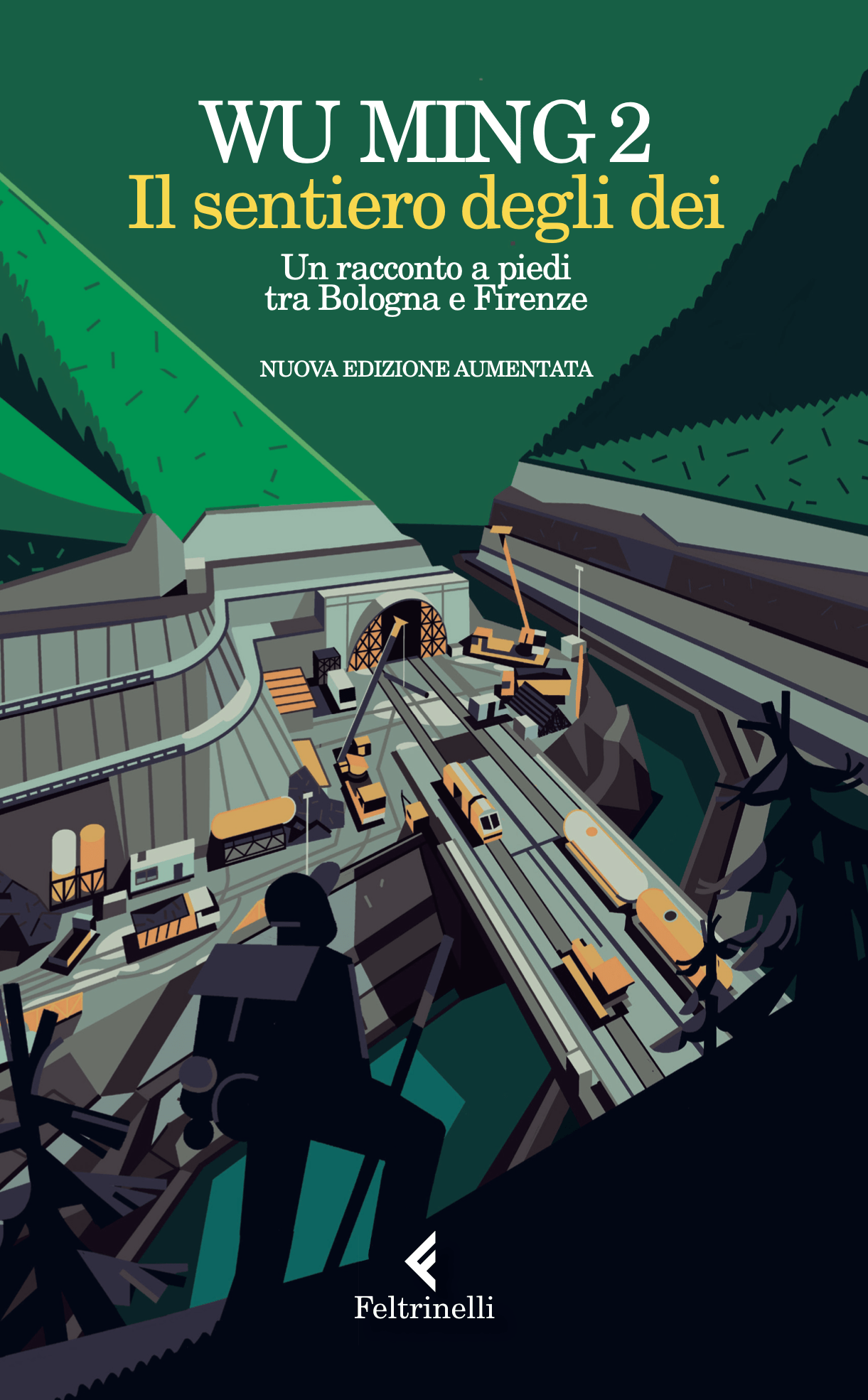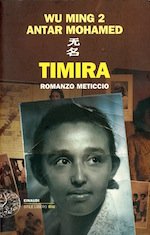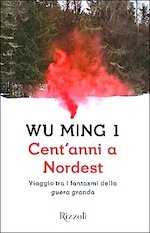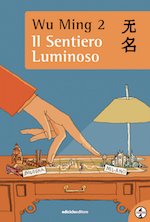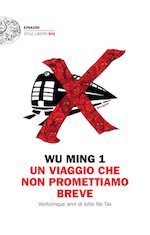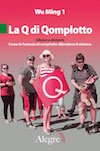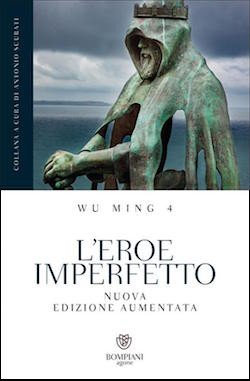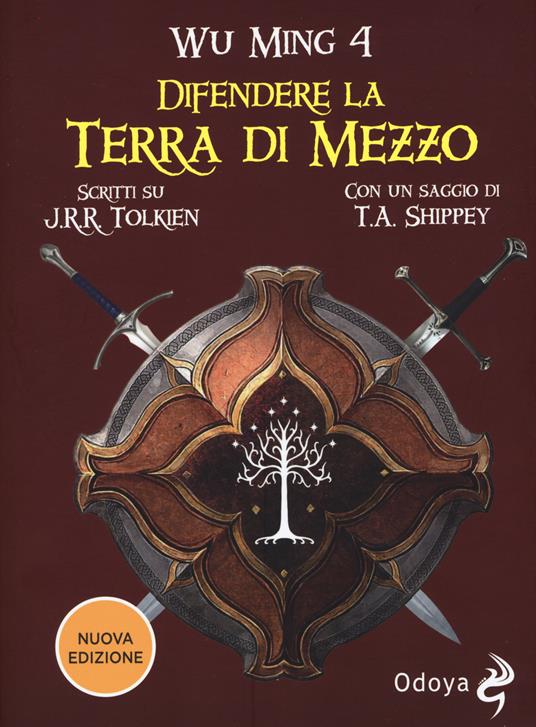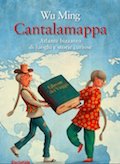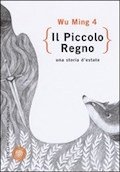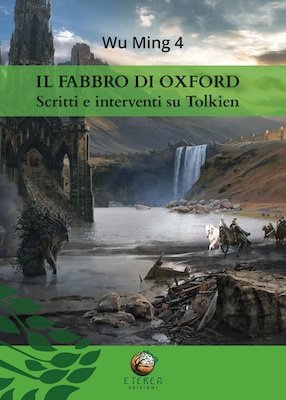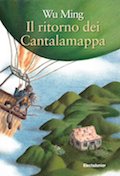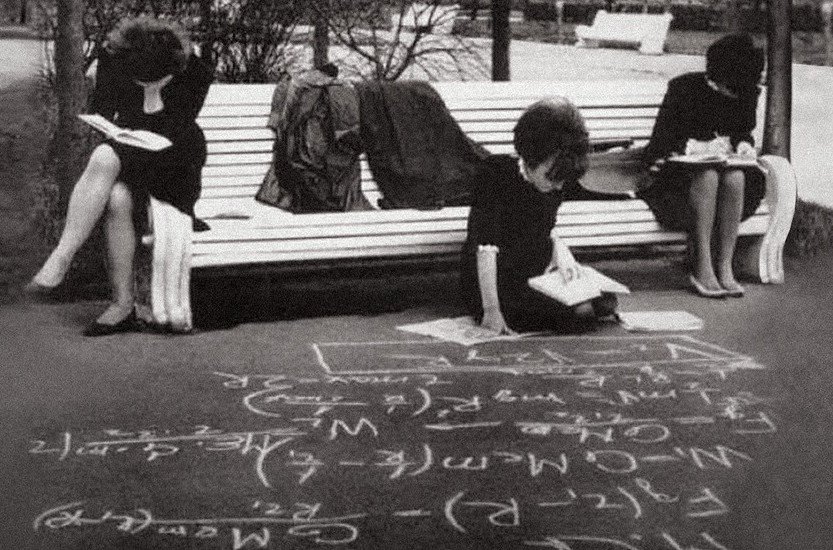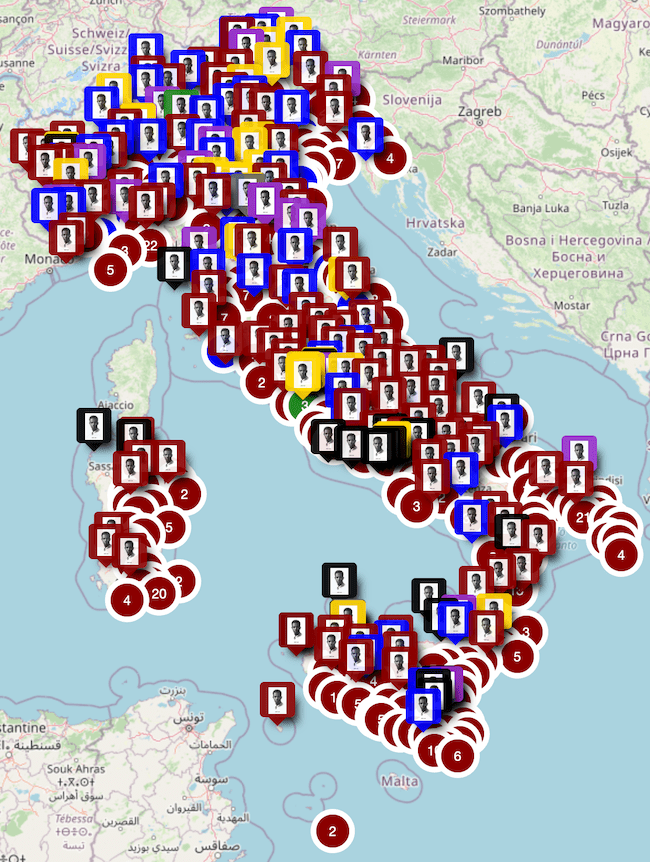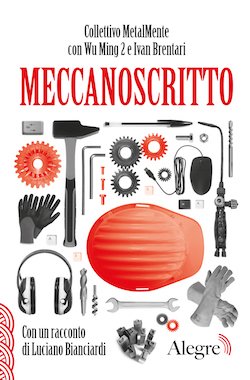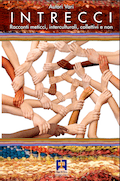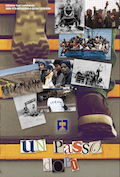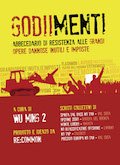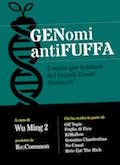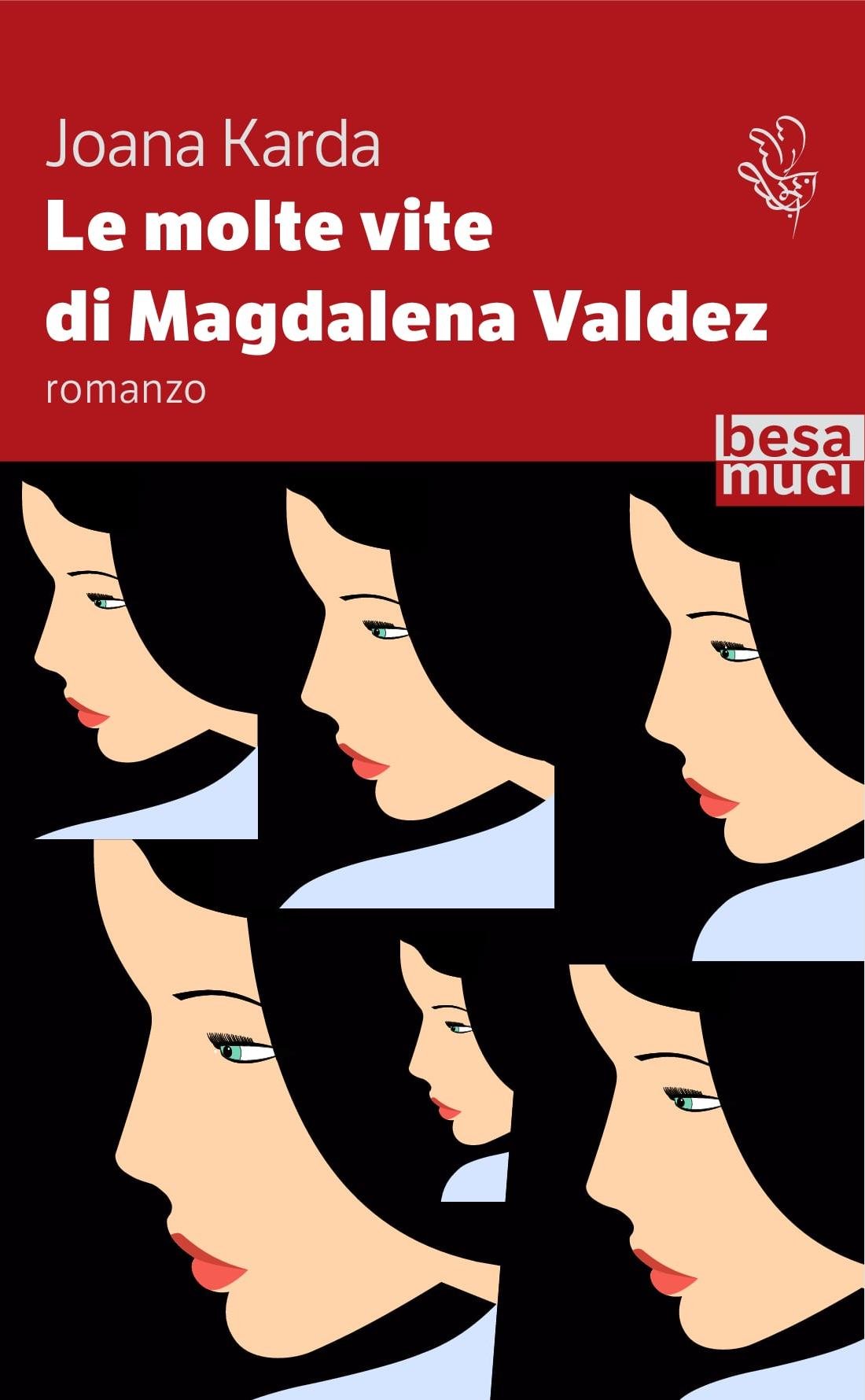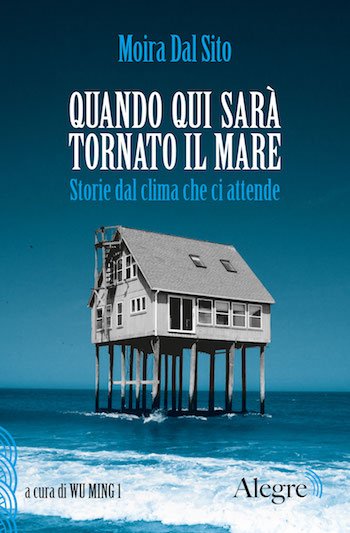Italian version here (2023) – Aquí la versión en español (2022) – Ici la version en français (2022) – Versió catalana aquí (2018)
There is Wu Ming, a writers’ collective founded in 2000, and then there’s the Wu Ming Foundation, a multiform, larger and more ramified entity.
We call ‘Wu Ming Foundation’ a mobile constellation of collectives, permanent workshops, artistic, cultural and political projects which were all born on or around this blog. Very often, they developed from discussions on our books.
We have used the name ‘Wu Ming Foundation’ since the very early days of the project, and our site – online since December 2000 – has always been called wumingfoundation.com. It was an omen. During the 2010s, the Wu Ming Foundation became a reality.
Let’s proceed in order.
1. The Band of Writers and Giap
We are the authors of Q, 54, Manituana, Altai and other internationally known works of historical fiction, a form we practised for many years, until we decided to move on and use history in other ways.
The last historical novel in the sequence we started with Q in the 1990s was The Army of Sleepwalkers (2014), which already announced changes.
Today, we treasure what we have learned from exploring that genre and forcing its conventions, and we dedicate ourselves to new experiments, seeking a disquieting balance between history and fantasy. That’s what we tried to do in The Invisible Everywhere (2015), Proletkult (2018), The Wind Machine (2019) and UFO 78 (2022). As yet, these works remain untranslated into English.
At various stages in its history the band has numbered four, five and again four members. Since 2015 we have been a trio. As soloists we sign ourselves ‘Wu Ming 1’, ‘Wu Ming 2’ and ‘Wu Ming 4’, which sounds good, as it’s a geometric progression. The numbering follows the alphabetical order of our surnames: (Roberto) Bui, (Giovanni) Cattabriga and (Federico) Guglielmi.
As you can see, our biographical names are not secret. It simply doesn’t make sense to use them when writing about our books or referring to our work in various ways. In our literary and cultural activity, like so many before us, we adopt noms de plume. They make reference to our collective project (Wu Ming) and are an essential part of our poetics.
On this page, we give an account of our evolution since the early 2010s. An evolution inseparable from this blog, which we started in April 2010.
Giap takes its name from the email newsletter we used to send out in the 1990s, which at a certain point reached 12,000 subscribers. For reasons that would take too long to explain here (it was an allegory), the newsletter was named after the Vietnamese general Vo Nguyen Giap (1911-2013). The matter is explained here [in Italian] in the paragraph titled ‘Dien Bien Q’.
Over the years, the blog has become a veritable laboratory of research, plural writing and research, which has influenced and reshaped our work.
2. UNOs – Unidentified Narrative Objects
For years, we’ve been exploring the territories of hybrid narratives, non-fiction written with literary techniques encompassing investigative journalism, travelogues, history, critical interventions on environment and landscape, and research on the suppressed memories of post-colonial Italy.
Our first experiment with an ‘unidentified narrative object’ was Asce di guerra [Hatchets of War], written with Vitaliano Ravagli and published in 2000. The dissatisfaction with the result triggered a self-critical reflection that lasted for years and prompted us to start new projects.
–
The books forming this strand were written mainly by Wu Ming 1 and Wu Ming 2.
■ The Path of Gods (2010, augmented edition 2021) and The Shining Path (2016), which are parts of a tetralogy project on walking known as ‘the Cycle of Paths’.
■ Timira (2012) and Point Lenana (2013), which form a post-colonial dyptich on the relationships between Italy and Eastern Africa.
■ A Hundred Years in the Northeast (2015), a geographical–historical reportage on the 100th anniversary of WW1.
■ We don’t promise this trip will be short. 25 years of No Tav struggles in the Susa Valley (2016).
These are books that were born outside the cages of genres and we want them to remain extroverted, centrifugal, swarming with references to the world of voices and textualities from which they developed. And those worlds answer the call, as we’re going to see.
In 2014, we thought that we needed a workshop and a place to publish experiments in hybridisation, and so we created the Quinto Tipo [Fifth Kind] series, published by Rome-based Edizioni Alegre.
In 2023 the series reached 20 titles published, the most recent one being Se vi va bene bene se no seghe [If you like it, good. If you don’t like it, jerk off]. From Antimilitarism to Radio Alice and Beyond, by Valerio Minnella.
3. JRR Tolkien, fantasy and ‘children’s’ literature
In the meantime, we have dealt with fantasy, myth and ‘children’s’ literature, with fictional works such as Cantalamappa (2015), The Return of the Cantalamappa (2016), The Small Kingdom (2016) and The Battle of Shit (2020), and with essays such as The Imperfect Hero (2010, augmented edition 2022), Defending Middle-earth (2013) and The Oxford Smith. Writings and interventions on Tolkien (2019).
–
Wu Ming 4 did a lot of research on how Tolkien’s literature and Tolkien-related imagery have been hijacked and appropriated by Italian neofascists since the early 1970s. He debunked their interpretations and in the process he co-founded AIST, Associazione Italiana Studi Tolkieniani.
4. The Wu Ming Contingent, Melologos and Other Musical Projects
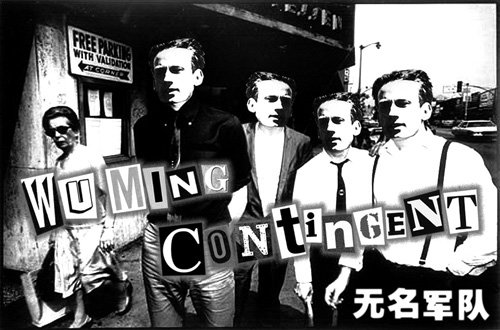
Wu Ming Contingent
We have always experimented with forms such as the reading/concert, the staged reading, the melologue, the declaimed song. We are involved in various musical experiments. The most ‘structured’ one so far is the Wu Ming Contingent, a band consisting of:
Wu Ming 2 – vocals and synth;
Yu Guerra – bass and synth;
Cesare Ferioli – drums and sampler;
Egle Sommacal – guitars.
The Wu Ming Contingent has two albums to its credit: Bioscop (2014) and Schegge di shrapnel [Splinters of Shrapnel] (2015) – you can order them from here – and an unrecorded suite, La terapia del fulmine [The Bolt Therapy] (2017).
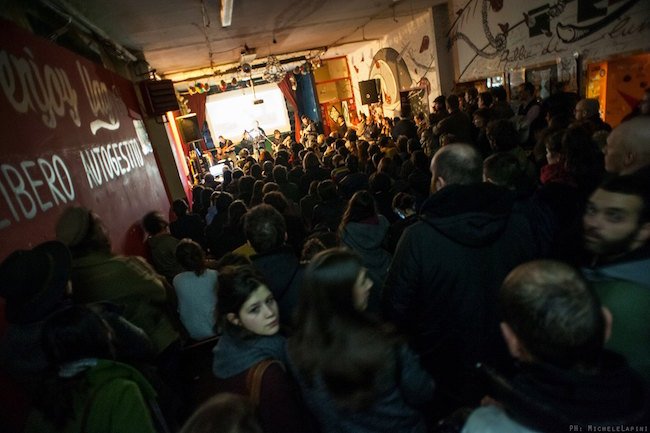
Bologna, 26 February 2016. Wu Ming 2 and the Razza Partigiana band perform the show Razza partigiana at social centre Vag61. Razza partigiana [Race: Partisan] is one of the spoken concerts we’ve been taking on tour in the past years. It tells the story of Giorgio Marincola, one of the very few Black partisans in the Italian Resistance, who was killed in the last Nazi massacre on Italian territory. Giorgio Marincola and his younger sister Isabella are also protagonists of the «métis novel» Timira by Wu Ming 2 and Antar Mohamed. Antar is Isabella’s son.
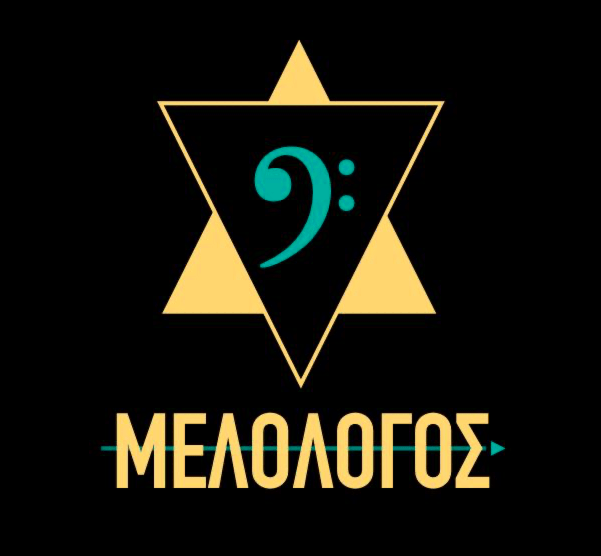
In 2022 all these experiences resulted in the founding of Mελóλογος/Melologos, a laboratory with a rehearsal room and recording studio, dedicated to audioproductions but also to organizing workshops, seminars, live performances, etc. Melologos is based in Bologna, in the Nassau cultural center, via de’ Griffoni 5/2.
Melologos’ first productions were:
■ ante nominem, the investigative radio drama Morte di un giallista bolzanino [Death of a mystery writer from Bolzano] (available on RaiPlay Sound);
■ the radio drama Radio Piemonte International;
■ Volodja, a ghost story set during the big worker strikes of Autumn 1969;
■ Ufo 78: unidentified concert, with Wu Ming 1 and Luca Casarotti;
■ Radio Ufo 78, with Wu Ming 1 and Bhutan Clan, from which we extrapolate one track, Ufologi in treno di notte [Ufologists on a night train]:
Ufologi in treno di notte
Many readings and ‘melologues’ can be heard on Radio Giap Rebelde, our audio library available on archive.org and Apple Podcasts.
5. Wu Ming Foundation: A Constellation of Projects
A number of discussions on Giap have given rise to autonomous collectives and working groups. The best known – but not the only ones – are Nicoletta Bourbaki and Alpinismo Molotov. Alongside these is a peculiar experience of cooperation between Wu Ming and others active in Bologna: Resistenze in Cirenaica.
Nicoletta Bourbaki is a group born in 2012, working on historiographical revisionism, fake news regarding history and neo-fascist ideologies on the Internet. It brings together various disciplinary interests and expertise: historiography, philology, narratology, literature, computer science… The name is a queer/transgender parody of ‘Nicolas Bourbaki’, the collective pseudonym of a group of mathematicians active in France from the 1930s to the 1980s.
Nicoletta already has many investigations under her belt – the results of which were all published on Giap. They are mainly inquiries on neofascist manipulations of the Italian Wikipedia and on neofascist hoaxes concerning the so-called «foibe massacres» in Trieste, Istria and their surroundings. Foibe are natural sinkholes where Yugoslav partisans (allegedly) throwed the corpses of the Italian civilians they had (allegedly) killed «only because they were Italians» in 1943 and 1945. It’s a warped, toxic narrative exuding all kinds of nationalist poisons and anti-antifascist legends.
Nicoletta Bourbaki has so far written two books:
■ the free ebook Who Says This? And why?, a guide on how to recognise historical forgeries and ‘fakes’, how to untangle the lies that go viral on the web, how to use sources, and how to dismantle manipulations in public.
■ Death, the Maiden and the Red Ogre, scheduled for release in autumn 2022. It is the historical essay with which the team fulfils the commitment made in 2017, accounting for the extensive research and archival discoveries on the Giuseppina Ghersi case.
In February 2017 Nicoletta curated a series of articles and interviews for the weekly magazine Internazionale, all published under the umbrella title La storia intorno alle foibe [The History Around the foibe].
Alpinismo Molotov [Molotov Mountaineering] was born in 2014, taking shape in discussions on our books Point Lenana and The Path of the Gods. The collective reflects on ways of hiking on mountains purified of machismo, nationalism, sporting exasperations and commercial degeneration.
Alpinismo Molotov have their own blog. We quote from the Alpinismo Molotov manifesto:
«[The name “Alpinismo Molotov”] simultaneously defines a set of practices in constant evolution and the people who make them evolve […] We look at the mountains as part of the world around us: mountaineering is “molotov” [ie conflictual, TN] insofar as it unveils its own contradictions and implements new tools – conceptual, narrative, cognitive tools – to handle them. We go to the mountains in order to come back with new weapons to be used in everyday life. We go to the mountains with the awareness that we always walk in precarious equilibrium.»
Alpinismo Molotov also performs rituals of decontamination on mountain sites where neofascist had rallies, or peaks where neofascist mountain clubs raised their banners and flags. AM’s first decontaminations took place on Mount Učka (Western Croatia) in March 2015, and the Cansiglio Plateau (North-Eastern Italy) in August 2017.
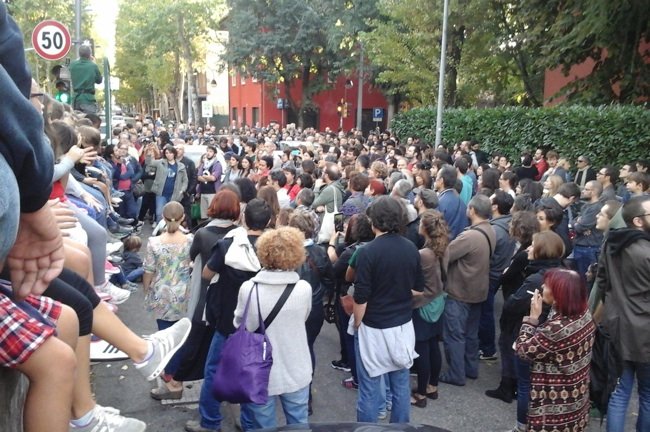
Bologna, via Libia, 27 September 2015. Last stop of the first urban trekking walk organised by Resistenze In Cirenaica (RIC). Wu Ming 2 is telling the story of Vinka Kitarovic, a Croatian woman who took part to the Resistance in Bologna. The «Via Libia» plaques have just been replaced by new ones stating that we’re in «Via Vinka Kitarovic» now. They will be removed by persons unknown during the night. Some time later, a new writing will be added under «Via Libia»: «Site of Italian colonial crimes.
Resistenze in Cirenaica is a collective of collectives including Wu Ming. RIC is active in Bologna’s Cirenaica neighbourhood (founded in 1913, still named after the Eastern region of Lybia]. Since 2015 RIC has been digging up stories of resistance to Italian colonialism and fascism, organising urban treks, evoking ghosts, and making interventions on urban planning and odonomastics.
Resistenze in Cirenaica has a blog and a ‘resident band’, the Bhutan Clan (see above).
In the early 1920s, joining similar collectives active in several Italian cities, RIC founded the Federazione delle Resistenze.
The Federazione launched – and every year puts into practice – the idea of a day of mobilisation to remember the crimes of Italian colonialism. The chosen day was February 19th. In the Ethiopian calendar it is Yekatit 12, the day on which the Italian occupiers perpetrated the massacre of Addis Ababa in 1937.
RIC runs the ‘Viva Zerai!’ project, a systematic mapping of places – squares, streets, monuments – whose names still celebrate the horrors of our colonialism.
6. The Wu Ming Labs And Beyond
Our activity as storytellers has never just been to tell stories: we have always also taken stories apart, reassembled them in public, criticised them, questioned them, transformed and enhanced them with the contribution of those who wished to comment, write, revise. We did this with all the stories that seemed interesting to us, not just those we chose to handle for our novels. This blog thus also became a laboratory for analysing ‘narrative toxins’, in an attempt to construct alternative narratives to the technicalised myths of power.
Over time, this became increasingly evident, and we began to receive invitations and proposals to translate this ‘collateral’ activity of ours – which is in fact the very heart of our work – into conferences, workshops, seminars and courses.
Ours is an itinerant workshop of narrative assemblages and repairs, thermodynamics of the imagination, collective writing and narrative detoxification. From this workshop, other collectives of writers have continually sprung up: Kai Zen, MetalMente, Joana Karda, Moira Dal Sito and others.
–
Over the years, we have continued to instigate, coordinate and collect numerous collective writing projects, literary jam sessions and all kinds of projects, collaborating with photographers, filmmakers, cartoonists, artists and performers of all kinds and, quite often, even with a magician, nay, a wonder injector. His name is Mariano Tomatis.
Giap is Wu Ming’s blog, but it’s also a community of readers and writers, and the main place where all the paths and threads described above can meet and intertwine.
To a part of this teeming reality, director Armin Ferrari has dedicated a documentary, A noi rimane il mondo [What Remains To Us Is The World]. On the paths of the Wu Ming Foundation (Altrove Films, 2022), which had its world premiere at the Bologna Biografilm Festival, 2022 edition.
–
That’s what we mean when we say Wu Ming Foundation, which in Chinese is written 无名基金会 and pronounced: WMF_in_cinese
–
–

